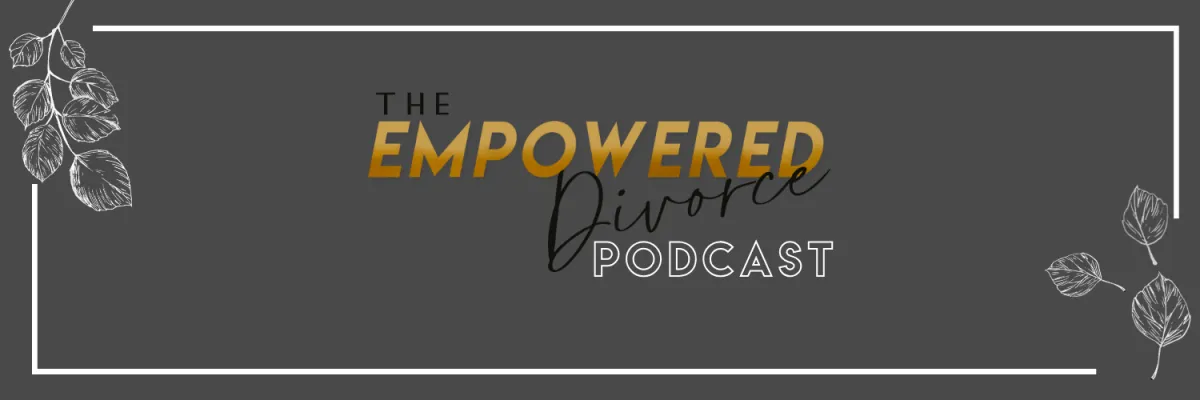
145. Why A Healing Routine Matters
Feeling overwhelmed or stuck in survival mode? In this episode, I share why creating a simple, intentional healing routine can help calm your nervous system, ease ruminating thoughts, and rebuild a sense of safety after betrayal and divorce.
We’ll explore:
• Why your brain and body crave predictability after trauma
• How small routines (like brushing your teeth with intention) can become powerful healing tools
• The difference between a habit and a healing ritual
Easy, grounding practices you can start today—even if you’re feeling paralyzed
This isn’t about doing more—it’s about doing what you already do, just with intention.
You are the creator of your life. Let your routine remind you of that.
Read Full Transcript
Hello. Hello, my amazing, beautiful listeners. How are you? Thank you for joining me. Quick episode today, because I was talking with a client and we were discussing this and I thought, you know what? This would be a great thing to put out there as an episode for those of you that might be struggling with the same thing.
I know I did a bonus episode around rumination. And how to help ease those ruminating thoughts when those are kicking your trash. This tool that I'm offering today is very similar in purpose when you are experiencing a lot of the challenges in your central nervous system around emotional regulation.
when you're feeling very dysregulated all the time, then having and implementing a routine into your life can, can really help shift things. When you've been living in survival mode for far too long, we have to do whatever we can to get out of survival mode and and that's why I offer so many different tools or resources or things to consider.
'cause not everything is gonna work for every body. but maybe this will work for you. Like I said, when you're in survival mode.
Navigating the emotional rollercoaster of divorce, the idea of structure itself and that word routine itself can feel very overwhelming. And you might, in fact, some of you probably didn't even click on the dang episode because you saw the word routine, or some of you are here just because you might as well be.
But I just wanna validate that sometimes even that word or the idea of structure can feel just impossible. I remember I wanted structure. In fact, I, and I wanted routine and I would be cleaning other people's homes. And I, I remember this one woman in particular, well, I should say there were several, but one in particular comes to mind where she had a very detailed routine for herself, for her life, her, it was very structured, I specifically remember.
Feeling jealous and envious, just dreaming and wishing like, oh my gosh, if I could only just get to the place in my life where I had a routine like she does in the morning where I could actually get up and go for a walk where I'm not yanking myself out of bed and dragging my butt to the shower and.
Fighting like to get my kids out the door and school on time, like to be able to have some sense of structure in my life felt impossible. and another impossible feat. So I really wanna start off by validating that. when I say routine, hear me out, because this really doesn't need to be anything huge or a big deal. It really is the, the psychology and the science behind this that I'm really aiming for and want to help educate you around because healing does not require an absolute life overhaul, even though I know that many of you want that.
I know I wanted it, Even if we begin with brushing our teeth and shifting the intention of it, We can shift into a healing routine. So in this episode, I just wanna explore how the smallest of routines can bring the biggest shifts. Like I said, I will dive into a little bit of the neuroscience behind why very simple, predictable acts can start to soothe your central nervous system, which is what we're shooting for here.
It can start to interrupt those ruminating thoughts start to bring a sense of safety back to your body. This is key, y'all. This is key when safety in every way has been ripped out from underneath you. Because what you thought your life was, the person you thought you were married to, the way that you thought they were loving you has all been shifted, shattered, and destroyed.
It's confusing. It's mind blowing, and that very basic sense of safety with your attachment person in your life has been altered. We have to get safety back. You have to bring it back to our body. whether you're dealing with sleepless nights, nightmares, emotional flooding, uh, feeling disconnected to yourself, these little micro we'll call 'em micro rituals might be your secret weapon.
So hopefully that helps you today. First, why a routine matters when you've been living in survival mode. The brain thrives on that predictability. In fact, this is why many of you probably had a very difficult time making the decision to leave or during that divorce when there were so much unpredictability.
You felt the flood and your brain was absolutely flooding you with all possible, fears and chaos, your prefrontal cortex, it's in the front of your brain. This is your decision making center. When it goes offline because you're experiencing that high stress trauma
then it stays offline because you're living in high stress trauma, we are producing more cortisol. We're producing more of that catabolic energy, your body is going to pay the price if it hasn't already. Routine reduces this cognitive in your prefrontal cortex, that decision making center, it reduces that load that it carries, it gives it a sense of control.
when you need more healthy control in your life, this is a really great way to introduce healthy control. ' cause many of you have been living in unhealthy control trying to survive. The other thing that matters here is just polyvagal theory when predictable routines, because predictable routines create safety to that vagus nerve.
It just, safety. Safety. We know what's coming. We know what to expect. We know we can do this, this is gonna help you shift out of that fight flight, freeze, into more of the ventral vagal regulation in your nervous system. then psychologically repetition. It builds neural pathways.
Anytime we repeat something over and over and over, you're creating a new neural pathway and doing one healing act a day rewires the brain for safety, rewires the brain for stability even self-worth. the more you practice this, when everything feels so out of control in your life, a routine is gonna remind your body, oh, okay, I'm safe.
I'm here.
how many of you are experiencing those ruminating thoughts at night? How many of you are feeling that emotional dissociation or dysregulation or something happens and it just, all those emotions just flood you, or you're just feeling absolutely overwhelmed and paralyzed? I know that word paralyzed is very visual for me because I have that visual of myself laying on my bed not being able to move because of the paralyzing fear that I experienced.
Almost wishing that my apartment building would just come crashing onto me to at least get me to move ' cause I felt like I couldn't. When you feel like you've lost your identity, when you feel like you've lost the structure of your being, hyper vigilance, people pleasing, all of these are challenges that many of you face.
In the wake of a life-saving divorce. So how is a routine gonna help? Well, like I mentioned, it interrupts the mental looping, so when a brain has something intentional to focus on, it almost creates like an anchor. Think of like a boat anchor just creates an anchor to deepen into your sense of self and keeps you from.
Spinning and spiraling. Many of you have been on a boat before, if you're not anchored in with every wave of the river or the ocean, the boat moves. It turns, it moves in a different direction. It's not going in the direction perhaps that you intend to go. when we anchor into our sense of self with the routine, the brain starts to focus and it can start helping you move in the direction that you actually choose.
The other thing that a routine can help is just signal completion to the brain, which, oh my gosh, if any of you can relate to this, right? Where I felt like nothing ever got finished. There was never, I used to thrive on completion. It was something that felt very good, very successful when I could complete a task.
But with the PTSD symptoms kicking in full blown after my divorce, I felt like I couldn't complete anything. There was half-assed, everything all over the place. So when you create a routine for yourself you finish the brushing the teeth and it's intentional as part of your routine, it gives that brain that beautiful signal of, okay, done check.
a bedtime routine can really help. You know, quote, close the day, like put a period at the end of a sentence. It closes the day. that can be really healing and beneficial for your body and your brain, especially those of you that are having a really hard time sleeping. It also helps you start to reclaim a sense of agency and power when you feel powerless, when you feel absolute chaos.
Like everything is not going my way. I have no control over anything. So when we can start. Cultivating some sense of choice and agency in our life. Choosing your own rhythm when your life feels absolutely hijacked. This is an active empowerment. And then the other part that really helps is of course, your body.
When we have a routine, when we're intentional and we complete it, we're reconnecting back to our body. Trauma disconnects you. We need to do all the things we can to reconnect. And so a physical action starts to ground you in the present moment. And when you are in constant survival, fight, flight free spa, we're not in the present.
So a couple things to consider. Adding to your healing routine. Like I said, just start with brushing your teeth and while you're brushing your teeth, say out loud, I'm releasing what no longer serves me. I'm cleansing my mouth and cleansing the day. I'm keeping what's mine and I'm spitting out what I don't want.
And that's silly. I promise. it's actually really helpful. I've gotten pretty good at the angry spit. when you're brushing your teeth and adding this to your ritual, it's symbolic, it's intentional. And when we make it mean something, it's going to mean something to your mind, to your heart, and to your body.
When it's already part of your routine, we're just adding intention to it, embedded in a habit that we're already doing. It's a, it's a easy win, so we'll take that. The other thing that can be really helpful is
adding five things before bed. So I call it my five for sleep, five things that I do before I go to sleep. You can adjust this however you want, but just picking five intentional things, steps, whatever you wanna call it that you do in your nightly routine. This is again, going to signal to your brain that we're putting a period.
At the end of the day, our body starts to rely on it. It starts to anticipate it. It starts to create that safety and that regulation that we need. When we're going through this, so light a candle. I burn sage every night. I burn sage. It's very symbolic of releasing, getting rid of any thoughts, beliefs, energy that is unwanted.
Burn a candle, turn lights off. I have a client that goes around, my daughter does this too. Well, I think both my daughters do because they get mad at their husbands when they come in and turn their lights on, but they love to dim the lights and turn the lights off. they like to turn a lot of the lights off in the house or dim all of the lights.
I like doing this where I turn all the lights off, but leave my stove light on, where it just creates a very low light environment. It's letting your brain kind of slowly start to shut down, light a candle, burn some sage, dim the lights. The thing is Turn your phone in. Find a place that your phone goes at a certain time of day. At a certain time in the evening and put it down, put it down, and walk away. Drop it and walk away. I know that's hard to do because if you're not doing that, you're probably gonna end up scrolling. You're probably gonna end up numbing out.
Then you're staying up too late. Your brain is still active, your brain is probably going into comparative suffering mode, especially if you're on social media. So put the phone down, walk away. Add that to your routine, giving your brain a break. The other thing you can do is one small thank you to yourself, even if it's just voicing a note on your phone or whispering it out loud.
or writing it on a sticky note, Or actually having some little thank you cards. Just depends on how creative you wanna get with this. But thanking yourself every day. You made it through today. Thank you.
Thank you for breathing. You got me through another day. Thank you.
Or thank you, Amy, for not responding to that ridiculous email. Whatever you wanna thank yourself for, give yourself one small thank you.
The next one you can do is getting your body. A little mini body cue that we're winding down, so maybe stretching, stretching your arms over your head for 10 seconds in bed. Just a simple, yawn, stretch combo signals to your nervous system that it's safe and we can go slow putting your hand on your heart or your belly.
Breathing in and out, watching your breath in and out for 60 seconds. Just these little cues doesn't have to be anything huge. Again, you can take it however long you want or however grand you wanna take this, but I wanna give you just very simple ideas. For those of you that truly are in a state of massive overwhelm, we have to start somewhere small is just fine.
You know how when you would tuck your, I used to tuck my kids into bed and they wanted me to burrito baby them and maybe just burrito baby yourself. When you get into bed, tuck in your feet, tuck in your legs all the way up and burrito baby yourself to bed. Just something simple to indicate We're done.
We're putting a period at the end of our day, maybe saying a calming mantra. I'm safe to rest. Again, these steps signal safety to the nervous system and can really help reduce that nighttime ruminating. If you wanna do a routine in the morning as well, or just one in the morning instead of grabbing your phone first thing in the morning.
Oh my gosh. Please, please, please, if you do anything but just do this one. I am telling you the, the shift that you will have by not automatically reaching for your phone, the first thing you wake up. It is seriously worth going and buying an old fashioned alarm clock so that your phone doesn't have to be your alarm, so that you don't touch your phone in the morning.
Y'all, I'm serious.
Instead of touching your phone, place your hand over your heart and say, good morning. Good morning. Beautiful. I see you. I'm glad you're alive. Or place your hand over your heart and remind yourself that this is who I am. I'm not
what they did. Or take a minute of silence or journaling a bridge thought. If it's really impossible to think that you are truly lovable, no matter what.
Maybe pick one thing that you do love about yourself. Maybe you love your long fingernails. Maybe you have, maybe you love the arches in your feet. Maybe you love your strong calf muscles. I don't care. Pick one beautiful bridge thought to tell yourself, then maybe you make a cup of tea in the morning or a cup of coffee if you're doing that every morning.
Anyways, just be intentional with it. I am doing this. Because I choose to, I'm doing this for me. Just that energy shift can help you reclaim your morning as yours before the worlds and children ask all kinds of things from you.
Now, what makes routine healing different than just a habit? Well, your healing routine is gonna be anchored in intention, not perfection. I do not care if you change it. I do not care if you don't do five things and you only do three. If your intention is rooted and your basic routine is done with love, with curiosity, with self connection, this is what's going to regulate your nervous system.
And these small acts are a way of saying, I matter and my healing matters. Try one healing routine this week. Create a ritual menu, so to speak. Maybe just start listing all the different things that I mentioned. Maybe some other things that came to your mind. Maybe you're doing some things that you didn't even maybe chalk up to a healing routine, which is fantastic.
you don't need a perfect routine. You just need one small thing that brings you closer back to yourself, connected to yourself. routines are not meant to. Restrict you. They're not meant to be another burden. They're not meant to be one more thing that you have to do. And that's, that honestly was one of my, hesitations of even sharing this episode, is because I don't want this to come across as one more thing to do, which is why I'm offering you to consider things that you're already doing.
Just shifting the intention around it. A lot of times when I have my ladies start to do body scans I'll say, what are you already doing in your life that when you do it, you just add the body scan. So if you're sitting in the carpool lane waiting for your kids to come out, do a body scan, you're already there.
It's not one more thing to do. You go to the bathroom at least once a day, I hope you're already there. add the body scan to the routine. the same idea applies here. maybe pulling some new things in that feel exciting, that feel grounding, that feel like you are paying attention to yourself, but also bringing some things in that you're already doing.
So we're not. Adding to the burden that you're already carrying on your many, that many of you are already carrying upon your shoulders.
if you truly are in that state of absolute overwhelm, where truly. Getting out of bed seems like an impossible task. Then you slow this down even more. Again, the intention matters. Move one leg out of the bed intentionally and with love. Move the second leg out of bed intentionally and with love.
Love yourself standing upright. Love yourself walking into the bathroom. One thing at a time. That's not weak. It's not wrong. It's how you get through. So if you're in survival mode and you're tired of the chaos, the uncertainty, the long nights of overthinking, just know that healing doesn't always come in huge leaps.
I know you'll want that, but sometimes it has to start with the smallest, quietest moment of breath. Bedtime, a whispered mantra while you're brushing your teeth and spitting out what no longer serves you. Routines aren't about being rigid. They're about remembering. Remembering that you are the constant in your life.
Your body deserves peace, y'all. It deserves to finally have some peace and you can give it peace and moments of safety. Even when the world around you still feels really shaky and a little bit chaotic on the other side of that street, because healing isn't about doing one more thing is about doing less just with more intention.
I know some of you feel like you're starting all over in life. I like to think of it as you're starting with yourself this time. I had a client that said, I just wanna tell everybody. That I love you, but I love myself more. You are the creator, so start with yourself this time in all that you do, including your routine.
Remember, you are the creator of your life, and you get to create the life that you want because you can take care everybody.
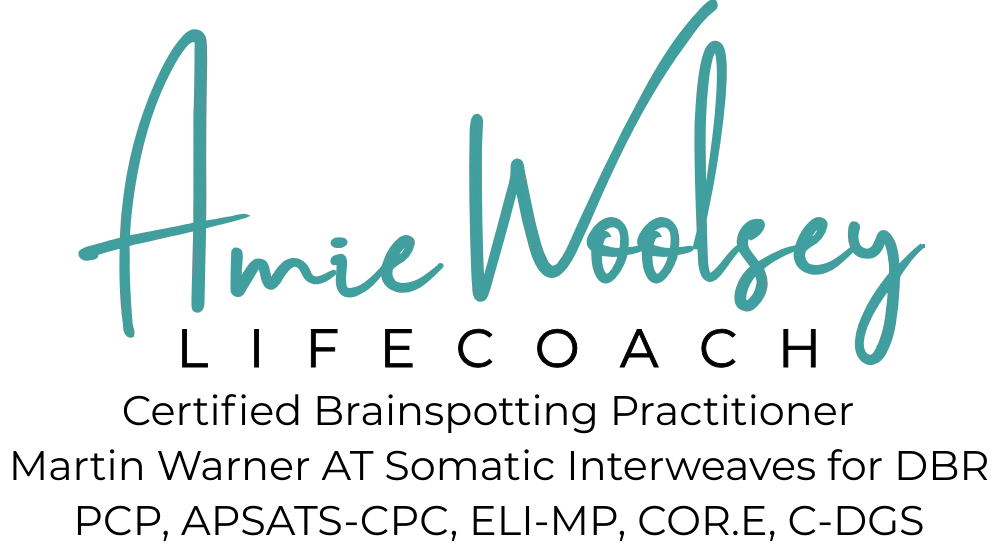
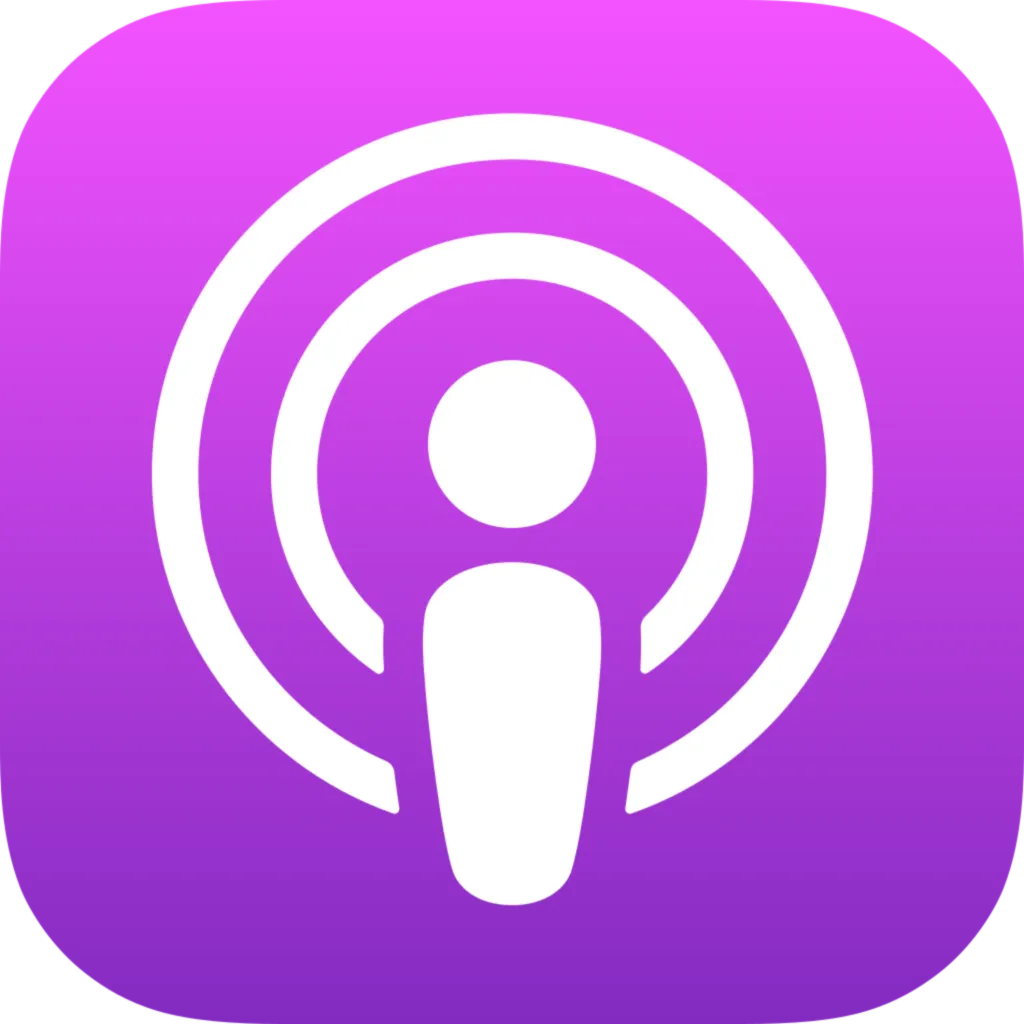

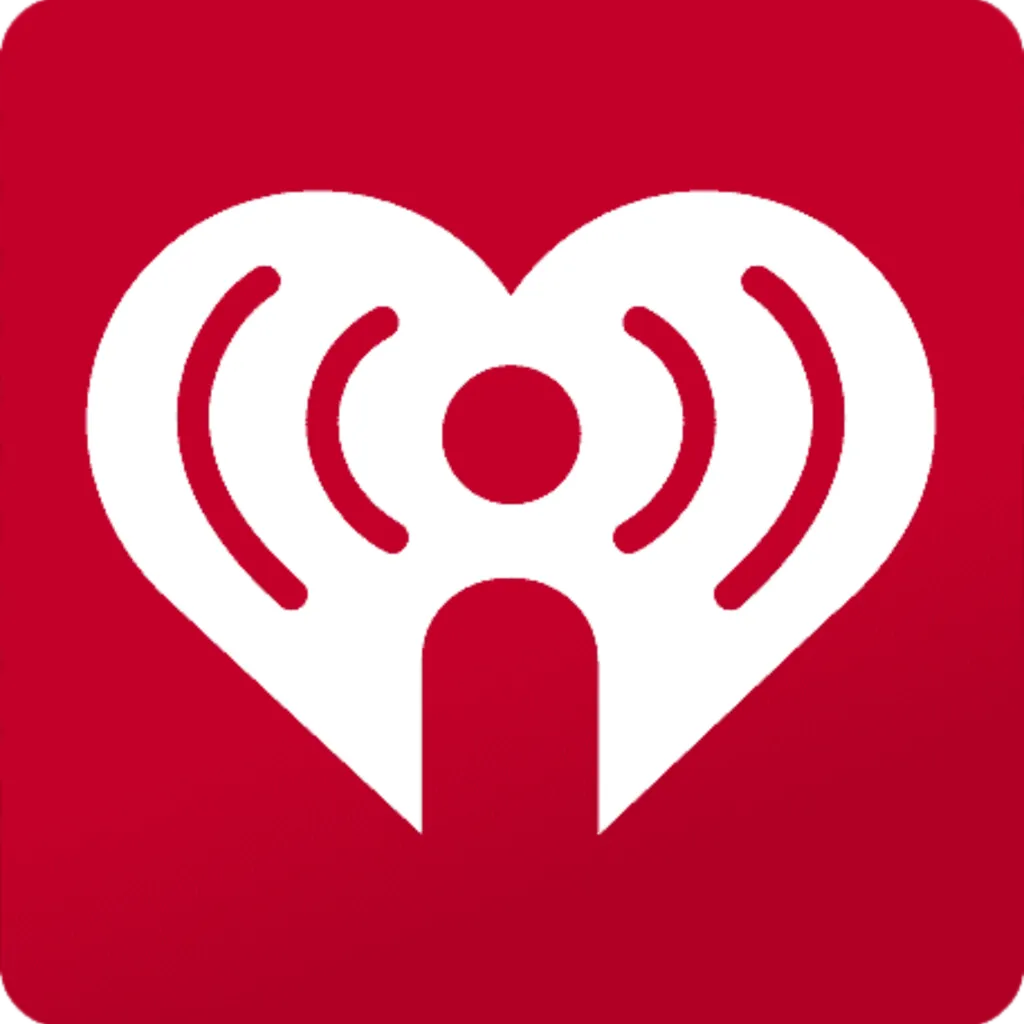


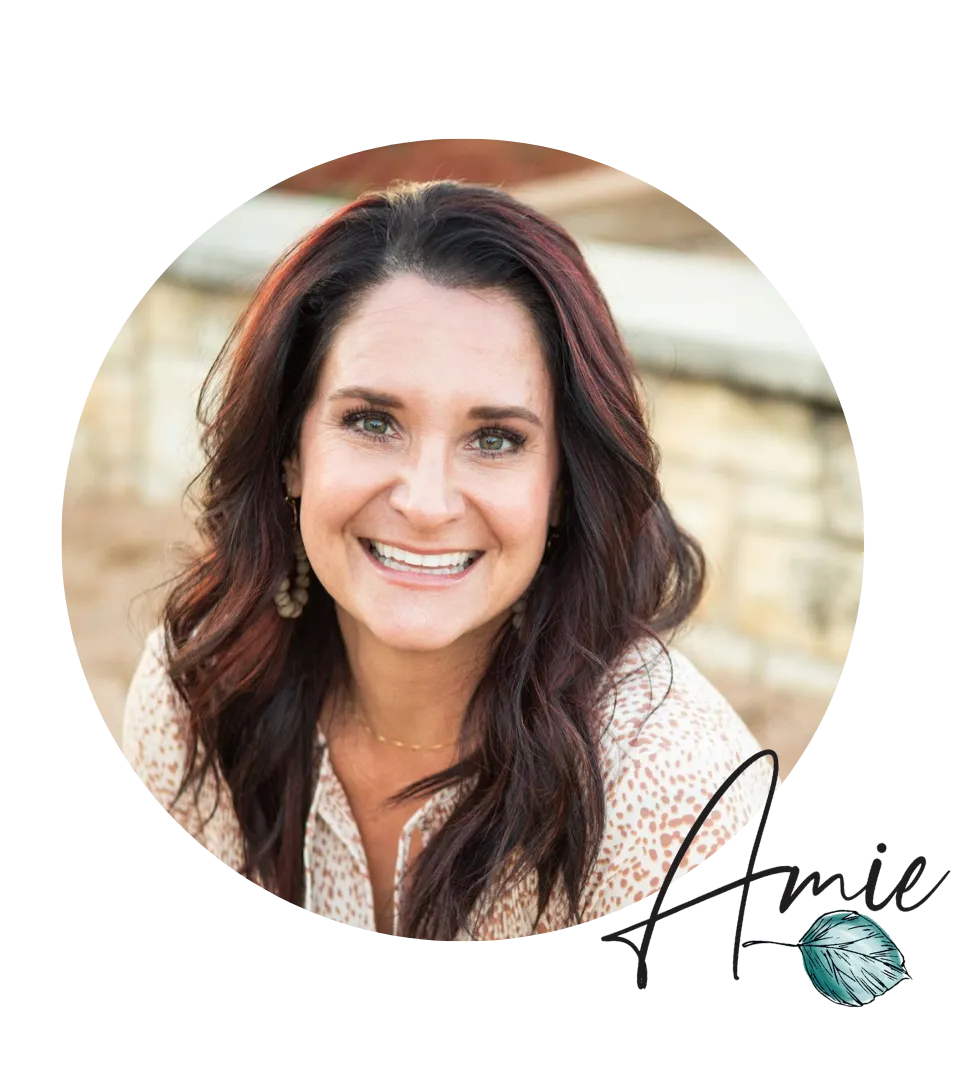
Facebook
Instagram
Youtube